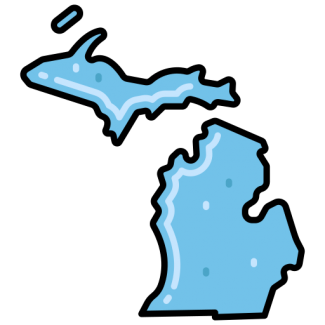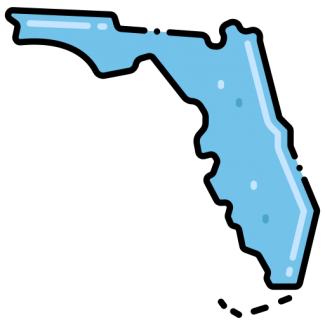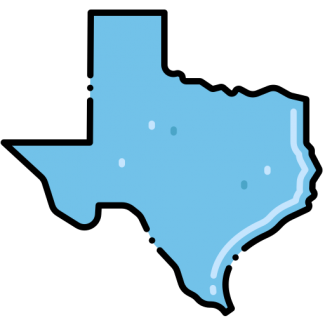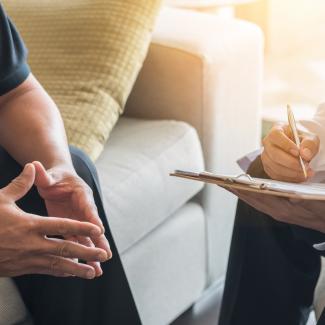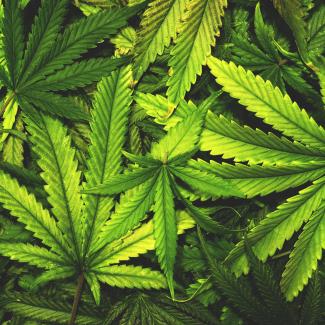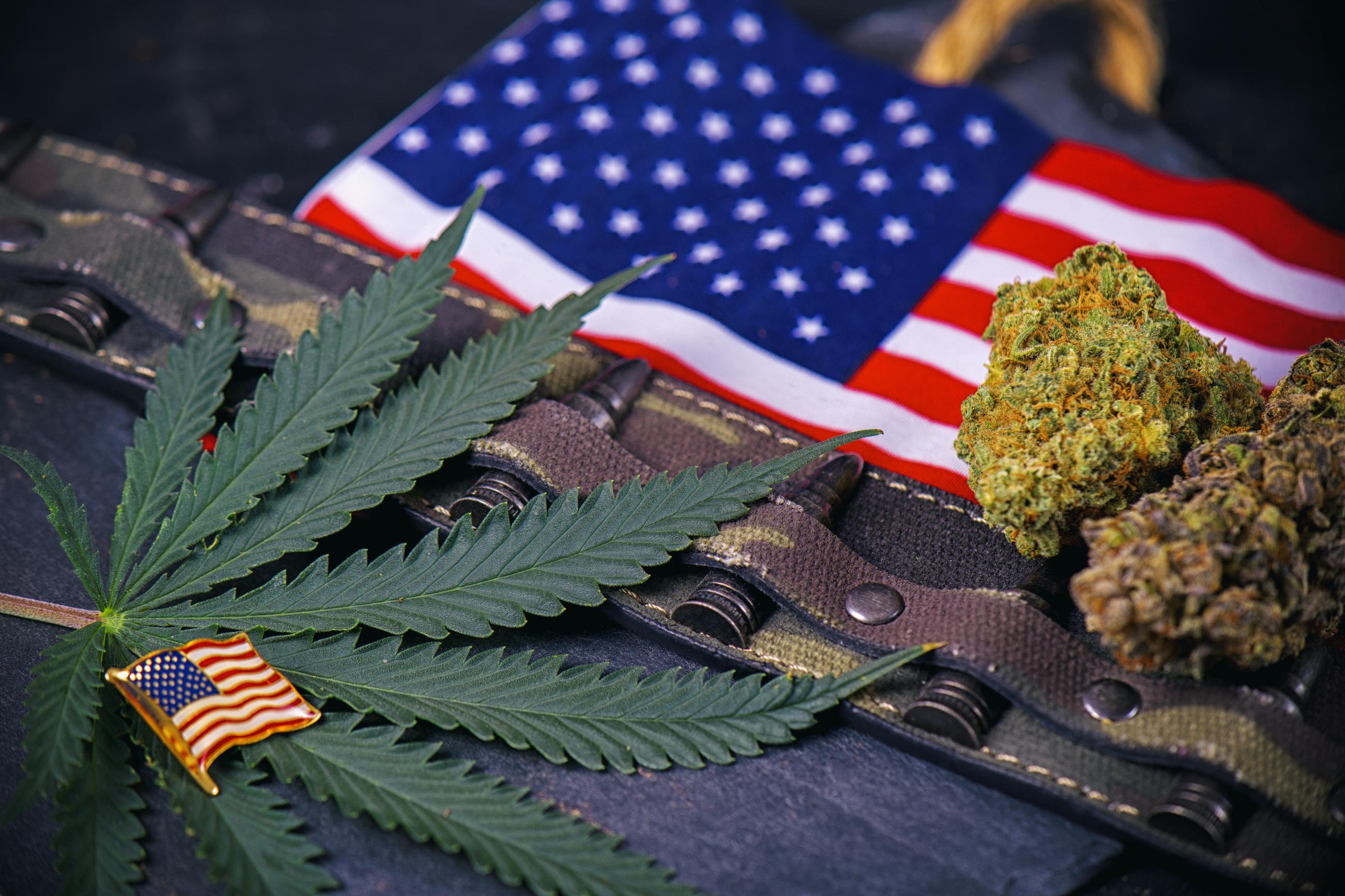Post-Traumatic Stress Disorder, or PTSD, affects nearly 25 million Americans, eight percent of our total population. One in 20 men, and twice as many women, will develop PTSD at some point in their lives. Veterans are at the greatest risk with 10-30% of combat veterans developing the mental disorder. With nearly 20 veterans committing suicide each day in the US, better treatments for PTSD are needed urgently.
Marijuana can treat a plethora of ailments, including PTSD.
What is PTSD?
Although PTSD symptoms (1) can start soon after the traumatic experience, it may take months or years for symptoms to arise. Feelings of agitation, anxiety, nervousness, and fear are common after witnessing or experiencing a traumatic event, however, if the symptoms last longer than four weeks and are interfering with your daily life, you may be suffering from PTSD.
PTSD Symptoms can include:
- Re-living the event through memories, nightmares, and flashbacks.
- Avoiding situations (ie. People, places, or environments) that remind you of the event.
- Increasingly negative feelings or beliefs such as guilt, shame, disinterest, and lack of trust.
- Severe anxiety which can manifest into trouble sleeping, poor concentration, jitters, and anger or irritability.
- Depression or feelings of hopelessness, shame, or despair.
- Drinking and drug problems.
- Chronic pain or other physical ailments.
- Relationship problems.
How Medical Marijuana Helps PTSD
The current treatments for PTSD include sedatives, anti-depressants, anti-anxiety drugs, and pain killers when necessary. This is a danger cocktail of drugs with deadly side effects. However, the cannabinoids from cannabis, cannabidiol, or CBD, and tetrahydrocannabinol, or THC, have shown exciting potential for treating symptoms of PTSD with less side effects and no chance of fatality.
Through patient studies in Canada (2), CBD has been shown to reduce the effects of “learned fear,” or fear brought on by experience. Administering CBD prior counseling sessions delivers a calming effect on patients, thus allowing them to be more receptive to therapy.
THC also has a place in treating PTSD. The endocannabinoid system (ECS) produces an endogenous cannabinoid called anandamide. This molecule, affectionately called the “Bliss Molecule,” is responsible for the “Runner’s High” experienced during exercise. It has been found those suffering from PTSD have about half the normal amount of anandamide. Since THC resembles anandamide in the way it interacts with the endocannabinoid system, supplementing with THC can correct the deficiency and create the necessary balance.
Cannabis Patients Speak Out
One 39-year old former Marine told CBS (3), "I went from being an anxious mess to numbing myself with the pills they were giving me. Cannabis helped me get out of the hole I was in. I started to talk to people and get over my social anxiety."
Another Marine in Minnesota (4), Ed Erdos, describes what cannabis now does for him after his PTSD became so bad he was afraid to leave his home for five years:
“The best part of PTSD treatment with medical cannabis is, it allows you to slow down. You don’t experience the anxiety attacks. It allows you to think. It allows you to face some of those triggers that many PTSD victims are afraid to face.”
Studies Support the Anecdotal Stories
In February, Canadian psychologists published a comprehensive review of over 60 published works (5) in Clinical Psychology Review. In this study, researchers concluded cannabis is a potential treatment for PTSD and many other mental disorders including anxiety and depression, it doesn’t increase the risk for self-harm, and it appears to influence cognitive assessment of memory.
Although every case is unique, cannabis should be a part of the conversation when discussing treatment options for PTSD. If you think you might be able to benefit from medical cannabis, then please set up an appointment today to visit with one of our physicians.
References
- National Center for PTSD. PTSD Overview. National Center for PTSD. [Online] 2017. https://www.ptsd.va.gov/public/PTSD-overview/basics/what-is-ptsd.asp.
- Butterfield, Delilah. How Cannabis Successfully Combats PTSD. HERB. April 23, 2017.
- The Associated Press. More veterans using marijuana for PTSD. CBS News. March 22, 2016.
- Brooks, Jennifer. Minnesota's medical marijuana clinics opening doors to PTSD patients. Star Tribune. July 8, 2017.
- Medical cannabis and mental health: A guided systematic review. Walsh, Zach, et al. February 2017, Clinical Psychology Review, Vol. 51.














